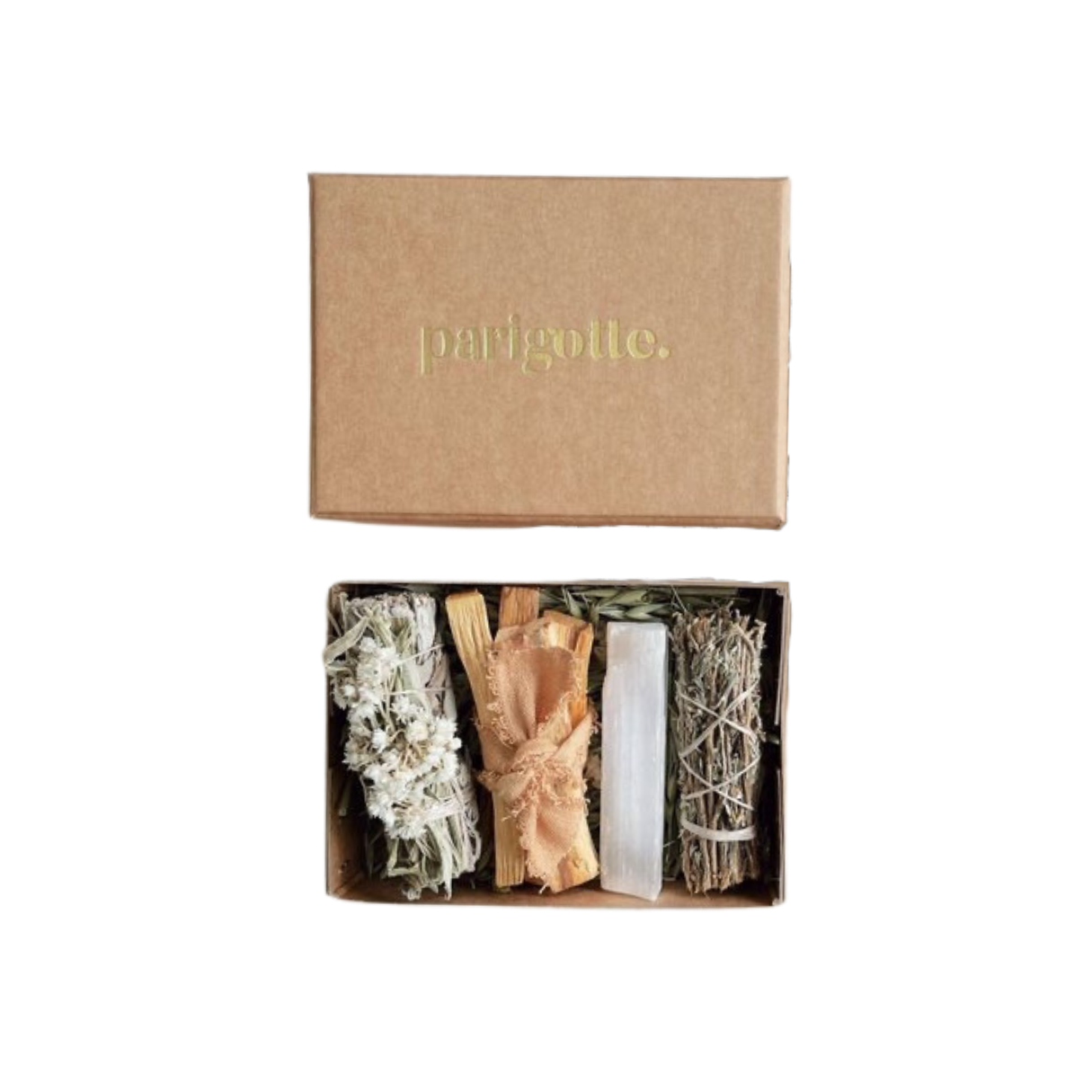Preparing Your Body for Conception: Top Tips to Optimise Your Fertility Naturally
I see many women at all stages of their fertility journey, and one of the most common questions I get asked is, “How can I prepare my body for conception and optimise my fertility?” When it comes to preparing for conception and optimising fertility, there isn’t a single magic solution. Instead, it involves a combination of supportive practices that enhance overall health and well-being. These practices can, in turn, improve your fertility, helping to boost your chances of conceiving and carrying a baby to term.
Here are my top ten tips for preparing your body for conception and optimising fertility:
1. Eat a Well-Balanced Diet
Eating a nutrient-dense, well-balanced diet with lots of variety supports your overall health, maintains a healthy weight, balances your hormones, and reduces inflammation—all of which can enhance fertility. Fill your plate with whole foods, including fruits, vegetables (especially dark leafy greens like kale and spinach), and citrus fruits rich in antioxidants like vitamins C and E, folate, and beta carotene. Protein sources should include whole grains, beans, legumes, nuts, seeds, and low-mercury fish such as wild-caught salmon. Adding whole organic eggs from pasture-raised chickens provides fertility-boosting omega-3 fatty acids and vitamins A, D, E, and K2. Limit processed foods, saturated fats, and artificial sugars and sweeteners. Incorporate a prenatal vitamin containing essential vitamins and minerals such as folate, choline, omega-3 fatty acids, vitamins B and D, and iron to prepare your body for pregnancy, fill nutrient gaps, and support your baby’s development. Choose a prenatal vitamin free from common allergens and artificial additives, including dairy and gluten. Note: If you have an MTHFR gene mutation, opt for a prenatal vitamin with methylated folate. Consult your general practitioner before taking new supplements to ensure they are appropriate for your individual needs.
2. Get Plenty of Rest
Sleep affects everything from mood and digestion to hormone function and overall well-being. Aim for 7 to 9 hours of sleep each night. Establish a nighttime routine that includes a consistent bedtime, keeping your phone out of the bedroom, using an eye mask, and avoiding excessive water, caffeine, or stimulation before bedtime. Hormonal changes can impact sleep patterns, so incorporating sleep-inducing rituals such as an Epsom salt bath infused with relaxing essential oils, reading, or journaling can be helpful. I also recommend making your bedroom a sleep sanctuary, minimizing using devices and technology.
3. Incorporate Supportive Movement into Your Day
Daily movement supports both physical and mental health. Choose gentle, restorative activities like pilates, yoga, cycling, swimming, or walking. These low-impact exercises support the cardiovascular system without stressing your joints. Yoga can manage stress, boost immune response, and balance hormones. Pilates enhances the core and pelvic floor's strength, balance, and muscle tone, preparing your body for pregnancy. Walking is a supportive practice during fertility preparation, offering a gentle way to stay active. Always listen to your body, stay hydrated, and consult your healthcare provider before starting a new exercise regime, especially if you become pregnant.
4. Manage Your Stress
Preparing for conception can be stressful. Minimise other stressors and be aware of common triggers. Stress before, during, and after preparing for pregnancy can be emotional, physical, and financial. Daily meditation, regular exercise, communicating with your partner, and prioritising self-care are great stress management tools. Speaking to a mental health provider specialising in reproductive health may also be beneficial.
5. Minimize Exposure to Environmental Toxins
Minimise exposure to pollutants, environmental toxins, and endocrine-disrupting chemicals. Review daily products like skincare, makeup, haircare, and household cleaners, and swap them for clean alternatives. EWG's Skin Deep® cosmetic database offers practical solutions. Install a water filter to remove harmful chemicals and promote hydration. Replace single-use plastics and food storage containers with glass, ceramic, or stainless steel to reduce exposure to harmful chemicals.
6. Find a Supportive Community
Preparing for conception can feel isolating. Surround yourself with supportive friends and family to boost your mood and positivity. Reach out to friends with fertility preparation experience for advice and support. Establish a team of healthcare providers to feel supported and empowered during your fertility journey. When conceiving my own daughter via IVF, after four pregnancy losses, my support team included a reproductive endocrinologist, acupuncturist, licensed therapist, chiropractor, and energetic healer—because it takes a village!
Preparing for conception involves nurturing your body and mind with supportive practices. From eating a well-balanced diet to managing stress and finding a supportive community, these tips can help optimise your fertility. Remember to be gentle with yourself and show self-love and compassion during this unpredictable time.
Lastly, an egg takes approximately 90 days to mature prior to ovulation. This means that you should allow at least three months when incorporating any practices to boost your fertility. It also takes time to balance hormones, minimize symptomatic and irregular menstrual cycles, and improve symptoms associated with endometritis and PCOS.
Meet Elisa
As a Mama, wife, CEO, executive, and fertility advocate, Elisa is passionate about redefining motherhood.




































